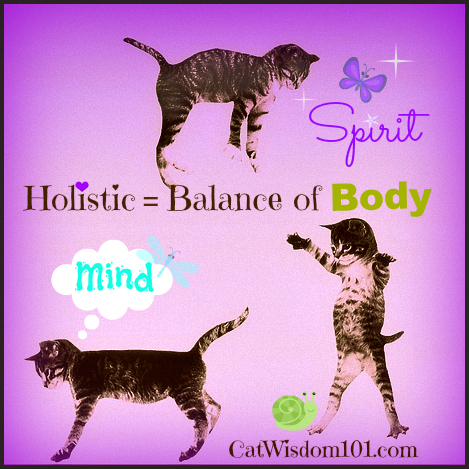Actually, radiation is not actually considered genetic modification, which is more stable. I know its only wikipedia, but there is a source there: "GMOs have had specific changes introduced into their DNA by genetic engineering techniques. These techniques are much more precise[1] than mutagenesis (mutation breeding) where an organism is exposed to radiation or chemicals to create a non-specific but stable change."
It'll take me a second for this. I'll have to look through my genetics lab manual for the citation. EDIT: Couldn't find my lab manual, but a 30 second google search found this:
http://www.ers.usda.gov/data-produc...-engineered-crops-in-the-us.aspx#.UVR9hBzU9PY It looks like 88% of the corn crops in the US are genetically engineered. 52% are from stacked gene varieties, 21% are herbicide-resistent only, and 15% are insect-resistent only.
I don't disagree that those who use it gain better yield that covers the cost, for at least the farmers in the country, but its more the monopolizing techniques and broad patents that Monsanto uses to bully people out of the business that causes the most harm. For example, how exactly did it make sense to ruin the farmer who unknowingly had a few GM crops? Also, Monsanto itself uses a lot of lobbying and legal maneuvering to block out anyone else from getting into the business, ultimately hurting not only the free market, but also all of us as whole, because now instead of a variety of GM crops many of us subsist on crops with very little genetic variability. God help us if something ends up wiping out that line of crops that supplies most of our corn and soy.
As far as leaving other countries alone goes, it kind of addresses your 3rd point. If you make a product in order to feed the population of the world, then essentially say, oh you people who actually need it, we aren't going to give you any breaks, and instead we are selling it to people in the first world that have to do things like put corn in rubber just to find uses for the excess crop yields, they aren't really addressing the point of an expanding population. If they stopped there though, it would be understandable, because they are a business and its about the bottom line. But they don't, they go after any company or country that even attempts to produce independent genetically modified crops.
I guess its more of a philosophy issue. I don't respect a company that subsides essentially on lawsuits and monopolizing techniques as opposed to the production of an actually superior product. But, that's me.






 but still....
but still.... 

